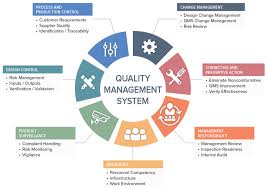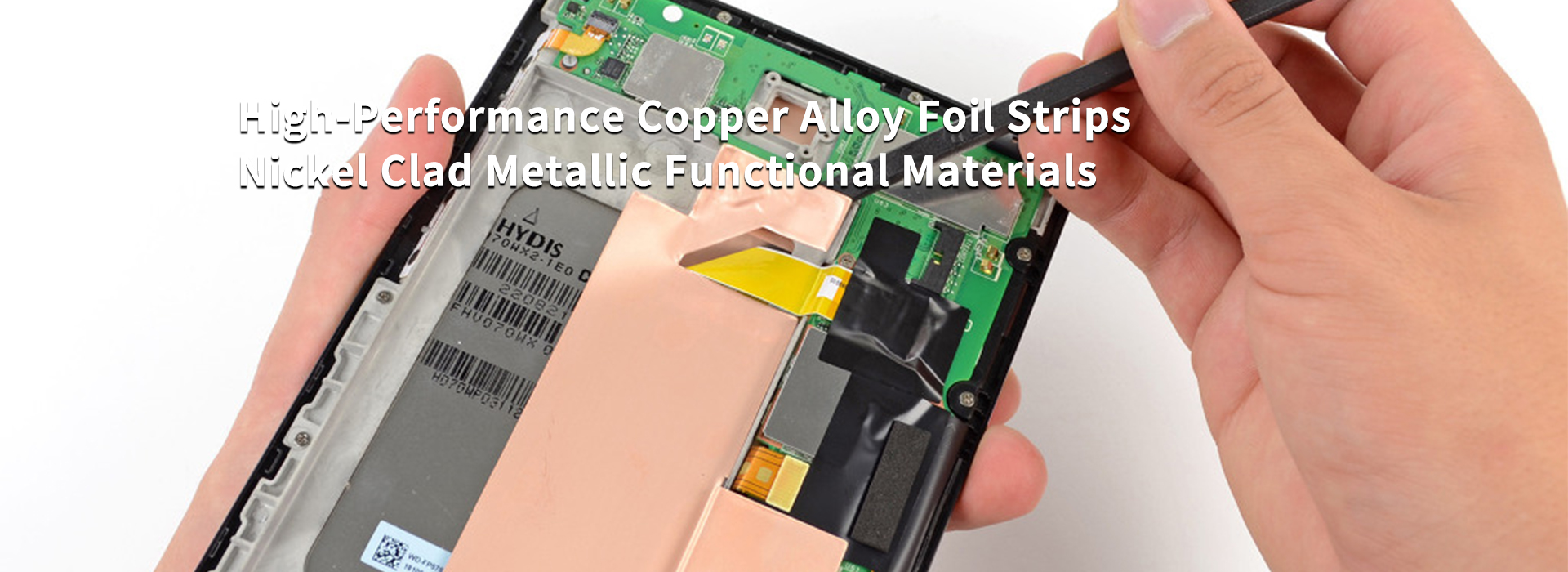 Quality Appraisal
Quality Appraisal
 HOME > TECHNOLOGIES >
HOME > TECHNOLOGIES >
Quality Identification of Nickel Alloy Strip
2021-03-01
The quality identification of nickel alloy strip mainly includes the following aspects:
Chemical composition analysis: Detection of main elements in nickel alloys such as nickel, chromium, molybdenum, iron, etc., as well as impurity elements such as sulfur, phosphorus, carbon, etc. The content of these elements directly affects the properties of the alloy, such as corrosion resistance, strength and toughness ;
Mechanical properties test: including tensile test, impact test and hardness test to evaluate the mechanical properties of materials such as tensile strength, yield strength, elongation, impact toughness, etc.
Physical properties test: test physical properties such as density, thermal expansion coefficient, thermal conductivity, etc. to understand the physical properties of materials ;
Corrosion resistance test: evaluate the corrosion resistance of materials in different corrosive environments through salt spray test, acid immersion test and other methods ;
Microstructure analysis: Observe the grain size, morphology, phase distribution, etc. of the alloy through a metallographic microscope to evaluate the microstructure of the material ;
Thermal stability test: Test the strength retention of nickel alloy in high temperature environment to ensure its reliability under high temperature conditions ;
Non-destructive testing: using ultrasonic, X-ray, magnetic powder and other methods to detect defects and abnormalities inside the material ;
Conductivity and Magnetic Testing: Testing the electrical conductivity and magnetic changes of alloys to ensure their suitability for specific applications.
Common testing standards and methods include:
GB/T 1234-2019 Nickel and Nickel Alloy Strip: specifies the technical requirements, test methods, inspection rules, etc. for nickel and nickel alloy strip ;
ASTM B162-99《Standard Specification for Nickel Plate, Sheet, and Strip》: Applicable to nickel and nickel alloy plates, sheets and strips, and specifies the chemical composition, material preparation, surface treatment, etc. ;
Special note: If the customer requires, our company can also issue a test report from an authoritative third-party testing agency .
Advantages of third-party testing agencies :
Third-party testing agencies have the following advantages in the quality appraisal of metal strips:
Professionalism and fairness: With a professional technical team and advanced testing equipment, we can provide high-precision test results, and as an independent third party, the test results are more fair ;
Comprehensive testing capabilities: Through the combination of multiple testing methods, we can comprehensively evaluate the performance of materials and ensure that product quality meets relevant standards and customer needs ;
Convenient service: Providing one-stop service from sample collection to the issuance of test reports, which greatly simplifies the company's testing process ;
Choosing a trustworthy third-party testing agency for quality appraisal can not only ensure product quality, but also enhance the market competitiveness of materials.
Chemical composition analysis: Detection of main elements in nickel alloys such as nickel, chromium, molybdenum, iron, etc., as well as impurity elements such as sulfur, phosphorus, carbon, etc. The content of these elements directly affects the properties of the alloy, such as corrosion resistance, strength and toughness ;
Mechanical properties test: including tensile test, impact test and hardness test to evaluate the mechanical properties of materials such as tensile strength, yield strength, elongation, impact toughness, etc.
Physical properties test: test physical properties such as density, thermal expansion coefficient, thermal conductivity, etc. to understand the physical properties of materials ;
Corrosion resistance test: evaluate the corrosion resistance of materials in different corrosive environments through salt spray test, acid immersion test and other methods ;
Microstructure analysis: Observe the grain size, morphology, phase distribution, etc. of the alloy through a metallographic microscope to evaluate the microstructure of the material ;
Thermal stability test: Test the strength retention of nickel alloy in high temperature environment to ensure its reliability under high temperature conditions ;
Non-destructive testing: using ultrasonic, X-ray, magnetic powder and other methods to detect defects and abnormalities inside the material ;
Conductivity and Magnetic Testing: Testing the electrical conductivity and magnetic changes of alloys to ensure their suitability for specific applications.
Common testing standards and methods include:
GB/T 1234-2019 Nickel and Nickel Alloy Strip: specifies the technical requirements, test methods, inspection rules, etc. for nickel and nickel alloy strip ;
ASTM B162-99《Standard Specification for Nickel Plate, Sheet, and Strip》: Applicable to nickel and nickel alloy plates, sheets and strips, and specifies the chemical composition, material preparation, surface treatment, etc. ;
|
AMS 4544G《Nickel Alloy 625, Cold Rolled Strip, Solution Heat Treated, and Overaged》: Applicable to the aerospace field, specifies the technical requirements for cold rolled strip of nickel alloy 625 ; DIN 17752 "Nickel and nickel alloys - Strip, sheet and plate": German national standard, which specifies the technical requirements for nickel and nickel alloy strips ; These standards and test methods ensure that the quality and performance of nickel alloy strips meet the relevant standard requirements. |
 |
Special note: If the customer requires, our company can also issue a test report from an authoritative third-party testing agency .
Advantages of third-party testing agencies :
Third-party testing agencies have the following advantages in the quality appraisal of metal strips:
Professionalism and fairness: With a professional technical team and advanced testing equipment, we can provide high-precision test results, and as an independent third party, the test results are more fair ;
Comprehensive testing capabilities: Through the combination of multiple testing methods, we can comprehensively evaluate the performance of materials and ensure that product quality meets relevant standards and customer needs ;
Convenient service: Providing one-stop service from sample collection to the issuance of test reports, which greatly simplifies the company's testing process ;
Choosing a trustworthy third-party testing agency for quality appraisal can not only ensure product quality, but also enhance the market competitiveness of materials.





